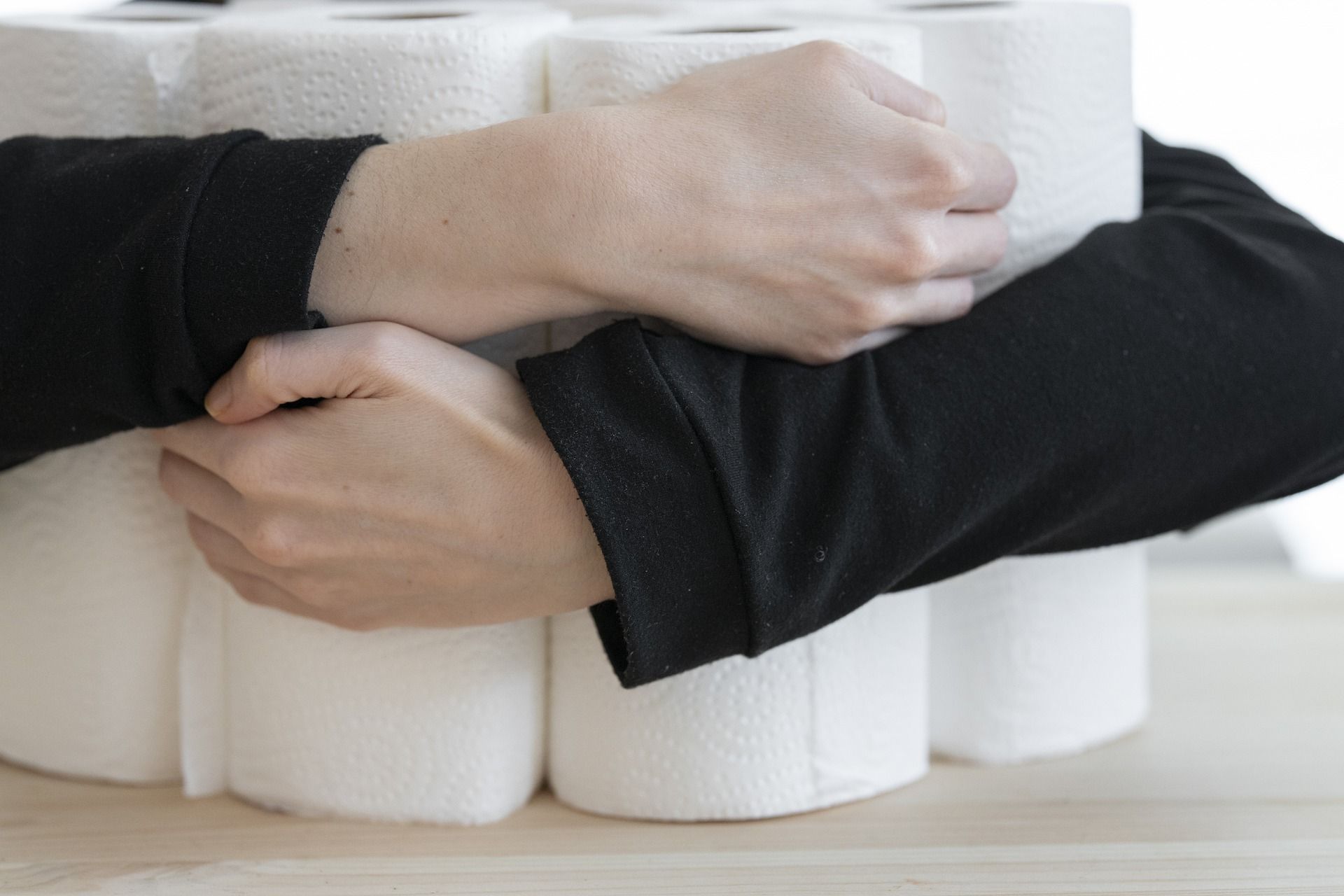By Ian Goldsmith, Psychologist
The way couples and families resolve differences is crucial to their health. Harmony in relationships is a function of how these differences are resolved.
A basic tenet in resolving differences is accepting the fact that we can not always get exactly what we want – a tough ask in our culture which exaults the pursuit of an individuals rights. Resolving differences requires compromise, with the benefit of such compromise being a shared sense of achievement and working together.
When this basic tenet is ignored destructive processes emerge to the detriment of a relationship. I have observed two patterns of resolving differences which lead to this outcome.
Sometimes partners argue their respective points of view, but then pursue their own course anyway. This “do my own thing” approach engenders resentment and results in distance in a relationship, ultimately leading to its demise.
Alternatively, and more commonly, once the couple have argued their separate positions, one partner may “cave in” completely to the other. Often this is accompanied by statements like “O.K. have it your way” with the capitulating partner justifying their position by saying they do this to “keep the peace”.
Such “peace” is usually a myth as, while the person who has been “caved-in to” may feel that they have “won”, most often such “victory” is short lived as they become disgruntled at their partners continuing reluctance. Similarly, the person who has “caved-in” will also feel resentful. Both people end up feeling badly about the outcome. This resentment can then easily spill over into the next disagreement.
Interestingly, when couples use this approach a lot, both will say that they are “always giving in”. Typically the communication a couple use with each other in these two instances is aimed at trying to minimise their differences. Usually both attempt to talk the other person out of their particular position, often by belittling or denigrating their ideas. Hence when one person raises an idea which is different from their partner they may call the idea or the person stupid, irrational, crazy etc.
The alternative process of looking for a compromise, proceeds quite differently. Instead of a couple trying to undermine or denigrate each others ideas, the first thing they do is listen to, acknowledge and respect the other persons point of view even if they don’t agree with it.
Hence, as a starting point, rather than trying to minimise their difference by undermining each other, they state their different positions as clearly as they can, while their partner acknowledges and respects their right to have such a point of view.
In this way it is almost as if the differences are maximised and accepted as normal. Once they have understood each others different point of view then this opens up the possibility of exploring, together, compromises which might meet both partners desires, at least to some extent.
One of the great things about this approach is that when we look for compromises together we can find many alternatives rather than getting locked into believing that the outcome simply has to be one persons way or the other. The other thing that happens is that the compromise then belongs to both people in the relationship.
The process of looking for compromises applies particularly in the area of parenting. Compromising on parenting issues can be one of the hardest things to do since our reactions to our children have been conditioned by long exposure to the beliefs and approaches of our own parents.
For children to have a sense of security in a family it is essential for parents to have a joint approach rather than to rigidly stick to their separate and different ways of managing their children. Ongoing conflict between parents, especially about parenting, is one of the most successful ways of messing up kids lives.
Share



